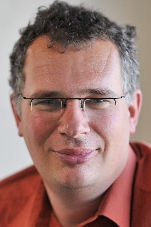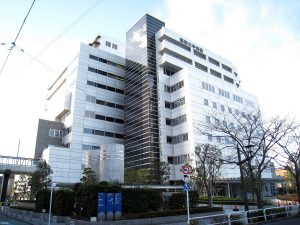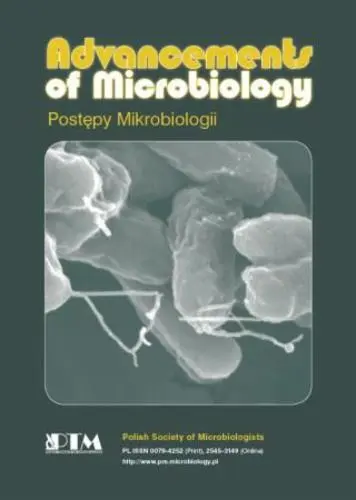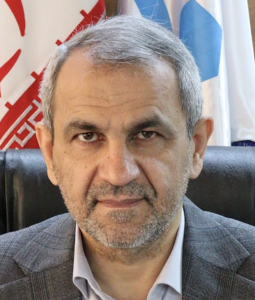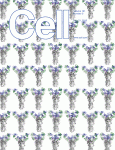Citing an investigation by Harvard Medical School and Brigham and Women’s Hospital, two journals last week retracted five articles by Edward Whang, an associate professor of surgery at the school.
The journals, Oncogene and Surgery, both refer to problems with images of Western blots that could not be resolved because “no underlying research data” were available, according to the investigation.
Questions have loomed over Whang’s research for a decade, and more than 20 of his studies have been flagged on PubPeer for possible image problems. As one commenter wrote in 2014 about one of the now-retracted papers, “It is perhaps fortunate that figure assembly and liver surgery require such unrelated skill sets.”
It is not clear how many of Whang’s papers were affected by the investigation. We reached out to Harvard Medical School for more details, but it declined to share information about the investigation.
Continue reading Harvard surgeon has five papers pulled following internal investigation




